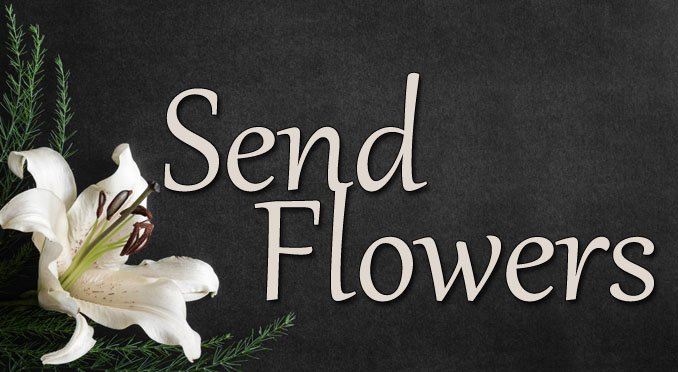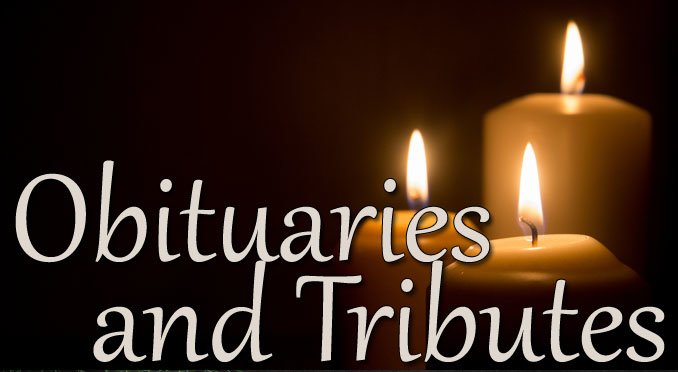
Jewish Heritage

There is a wide divergence in the practices and benefits provided for those who are Jewish. As a Funeral Home we offer our services to all Jewish denominations and we are dedicated to the principle that we will not attempt to impose any particular ritual or observance on any family. Nor will we attempt to dissuade any family from any practice We will make available detailed information about the preferences of particular rabbis or congregations so that any family that is uncertain about observance can feel reassured about their choice of arrangement.
Despite differences in the degree of ritual observance, all Jewish funerals share certain basic characteristics that stem from our common belief in the sanctity of all human life. Because a Jewish funeral has profound religious significance, Jewish funerals avoid ostentation; family and visitors reflect in dress and deportment the solemnity of the occasion; embalming and viewing are avoided; music and flowers are rarely used. Jewish Law is therefore concerned with the immediacy of burial and the natural decomposition of the body.
Traditional Jewish funerals involve certain ritual observances including:
• Taharah- Taharah-The body of the deceased is washed thoroughly by members of a sacred burial society (Chevra Kadisha), which will prepare the body for burial. Men prepare men and women prepare women. They wash the body with warm water from head to foot and, although they may turn the body as necessary to clean it entirely, they never place it face down. Prayers and psalms are recited during the washing.
• Tachrichim-The deceased is buried wearing a simple white shroud to avoid distinguishing between rich and poor. Men are buried with their prayer shawls (tallism), which are rendered unusable by cutting off one of the fringes.
• Oron-Tradition calls for the casket to be simple; to be made of wood with no nails or other metal parts; and to have several holes in the bottom to allow the body’s natural return to dust.
• Shemira-As a sign of respect, the body is guarded or watched from the moment of death until after burial. A family member, a Chevra Kadisha member, or a Shomer arranged by the funeral chapel recites psalms (Tehillim) while watching over the deceased.
• K’reeah-The rending of the mourners’ outer garments, a symbol of their anguish and grief. The Rabbinic Assembly Law Committee decided that a black ribbon can become part of the garment and is torn if the family does not wish to tear their own clothing.
Most or all of these practices may be incorporated into any funeral out of respect for the beliefs of the deceased even though the surviving members of the family are less rigorous in their personal religious observances.
Jewish funerals conducted by more liberal Jewish denominations may differ in one or more respects from the foregoing traditional rituals. For example, some Reform movements do not object to cremation. Other less traditional practices include, burial in the deceased’s own clothing, burial in a mausoleum and a more elaborate funeral service including the use of music.
Shiva Customs and Etiquette
Funerals and the Shiva period (the week following burial) are times that we mark with friends and relatives with the same commitment and closeness that we share at times of celebration. While our intentions are to console or comfort our bereaved friends or relatives, it sometimes is difficult to know the best way to do this. Here are a few suggestions.
The Funeral
The funeral service serves as the foundation on which the process of mourning is built.
Recognizing the importance of the mourners to be surrounded by family and friends, Jewish tradition deems attending both the funeral and burial services to be a mitzvah, a religious obligation.
The Shiva Period
Like all other Jewish mourning rituals, the Shiva takes place within the context of the community. Prayers are recited and throughout the Shiva period friends and family visit to offer support and condolences. The paradox of the Shiva is that while the family can withdraw from the community, the community cannot withdraw from the family. This reminds the mourner that others truly care.
The Shiva Visit
If you are not certain what to say-be silent. Your presence and support mean more than you know.
Be there. There are no words to take away the grief, sometimes it’s best just to listen. Your presence and acceptance is sometimes more important than your advice.
Allow the mourners the opportunity to express their grief.
Share your feelings. Do not hesitate to talk about the deceased, whose memory is very much alive in the hearts and minds of loved ones.
Demonstrate your affection.
Show your acceptance. By accepting the mourner’s behavior without passing judgment, you will communicate that you care about them unconditionally.
Offer help. Grief can make daily living a burden. During and following Shiva, you can assist by providing meals, organizing a minivan, car pooling, grocery shopping or helping the mourner seek legal advice. Help them but allow them to remain in charge of their lives.
Be Patient. Grief is a process of adapting to change rather than recovering. Be patient in allowing relatives or friends to “get over” their grief after Shiva. Remember, your patience and compassion will make a difference in their healing process.
Additional information about Shiva can be found at “Shiva Connect“



